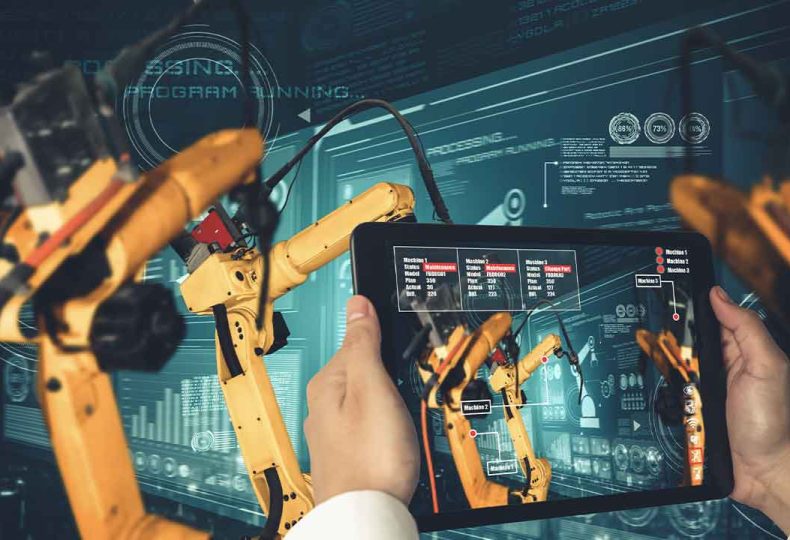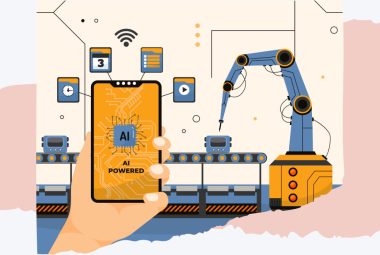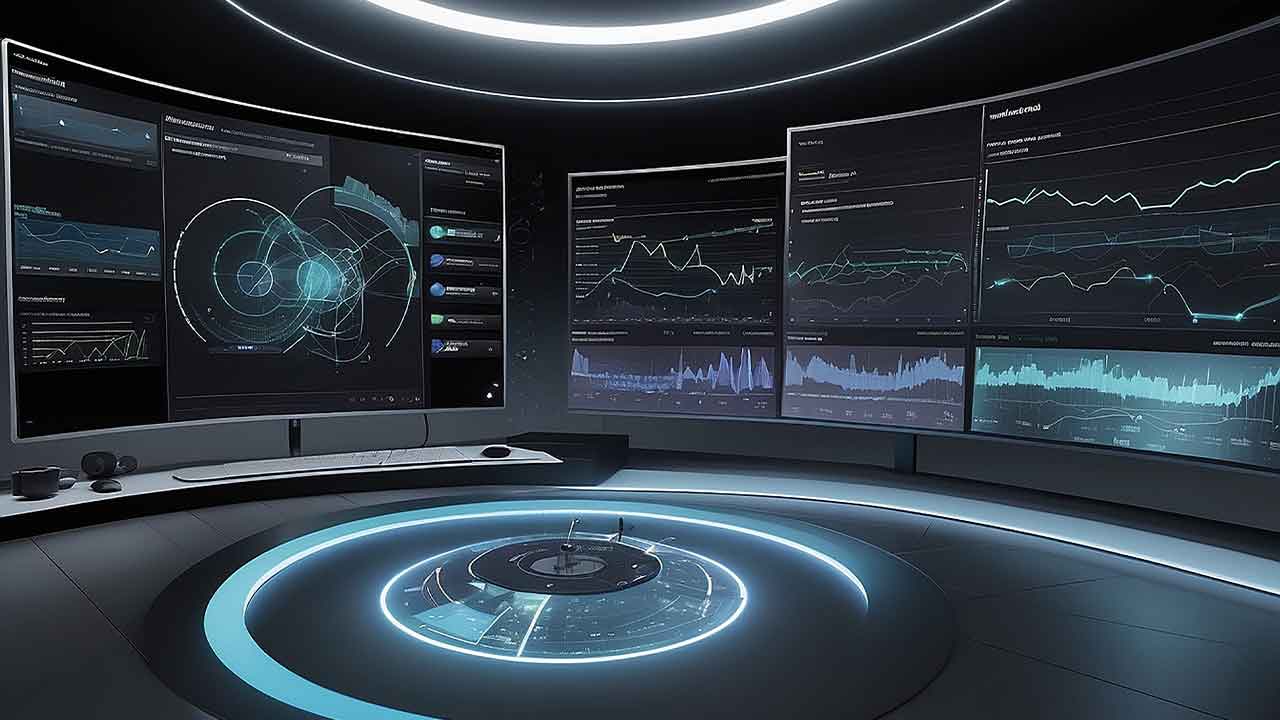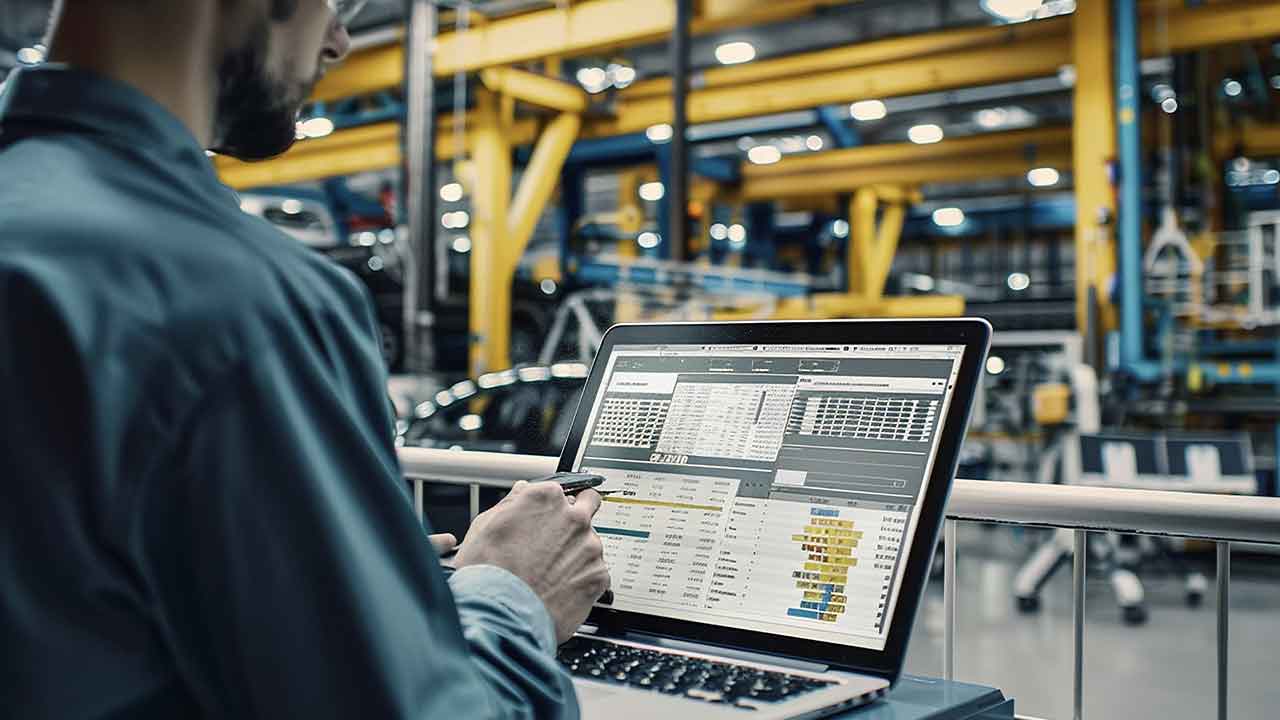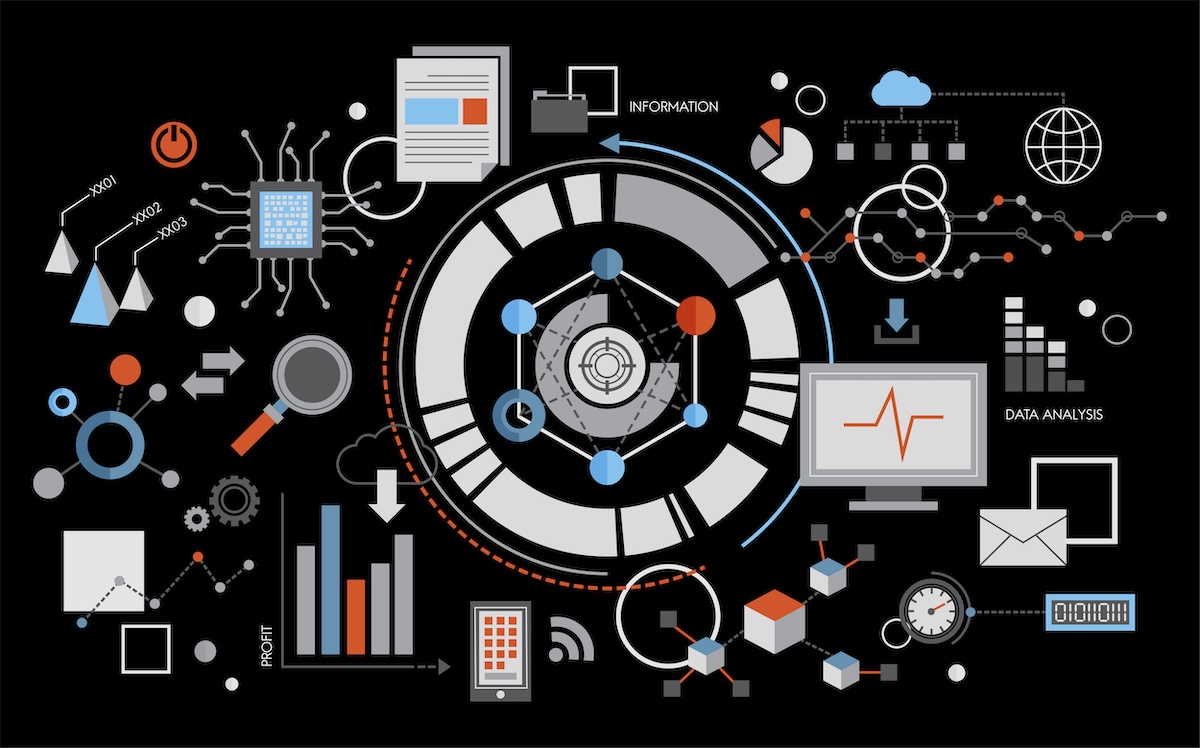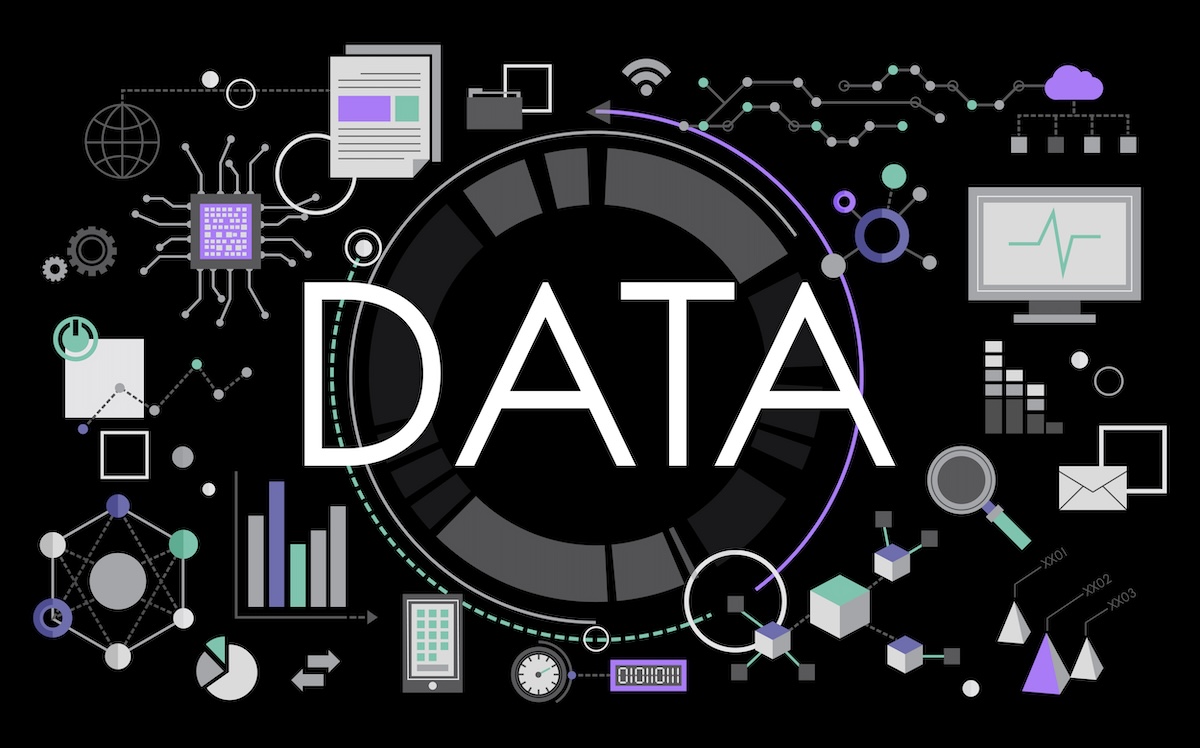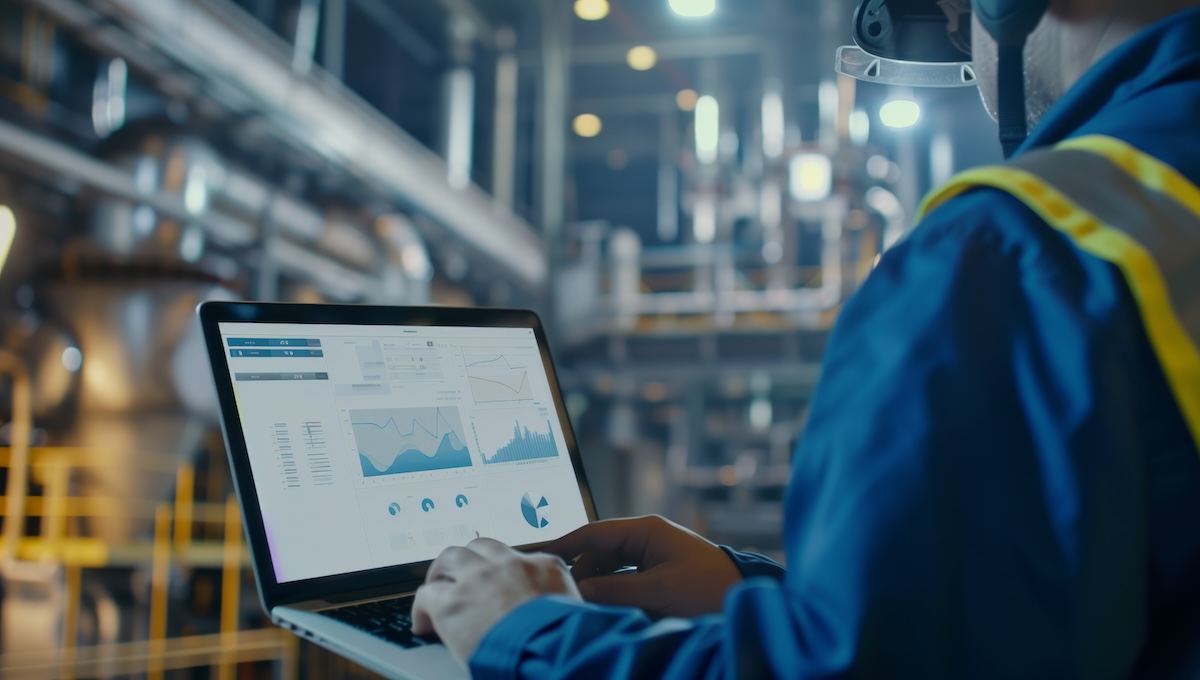Are data historians holding us back?
The role of the data historian has changed a lot since the 1980s, and it’s time to rethink how it serves us. Industry 4.0 demands better integration between OT and IT systems, allowing teams to centralize data and extract real-time
From Reactive to Predictive: How IIoT Is Transforming Maintenance Strategies
Industrial maintenance…a headache? Yes. Thief of time? Absolutely. Reputation killer? It has its moments! These are the results of relying on a reactive approach to industrial maintenance. Reacting when equipment failures occur repeatedly without warning leads to operational downtime, production
Challenges & Solutions for the Aveva Licensing Model
Licensing is a big part of using Aveva’s industrial software. But, like many powerful systems, it can be confusing and expensive. In this post, we'll discuss the challenges of Aveva’s licensing model and why it can be tough for users. We'll
Data Retention for Long-Term IIoT Monitoring Using Time Series Databases
Traditional industries have evolved by implementing many Industrial IoT practices, where we can get data from mechanical devices and sensors. Such real-time data monitoring helps perform better analysis, predict equipment failure, and reduce operating costs. However, IIoT creates enormous volumes
Predictive Maintenance in IIoT: Leveraging Time Series Data for Equipment Longevity
The industrial Internet of Things (IIoT) helps bind machines, sensors, and systems together. They form a network of intelligent devices working together to generate and share data. This approach to managing devices has revolutionized how industries manage, monitor, and maintain
Modernizing Data Historians for Smarter Industrial Operations
A new technical paper is now available, offering critical insights for industries seeking to modernize their data historians and improve overall operational efficiency. This paper explores the evolving role of data historians in the era of Industry 4.0 and how
Managing Highly Contextualized Data for IIoT
Have you ever wondered how industries using smart devices handle tons of unique data loading on their server? High cardinality data allows for detailed tracking and monitoring of each sensor, machine, and device in real-time. Finding patterns and irregularities in this
Time Series Data as the Backbone of Smart Grid IIoT Solutions
The smart grid transformed modern energy management by integrating digital technology into traditional power grids. It enhances real-time monitoring, control, and optimizes energy distribution and consumption. This change is crucial for meeting the growing need for reliable, sustainable, and efficient
The Role of Time Series Databases in Industrial Process Optimization
Industrial process optimization is now a cornerstone of operational success across manufacturing, energy, and various other industrial sectors. In today's data-driven world, the efficiency, quality, and sustainability of industrial operations depend heavily on real-time insights derived from vast amounts of
